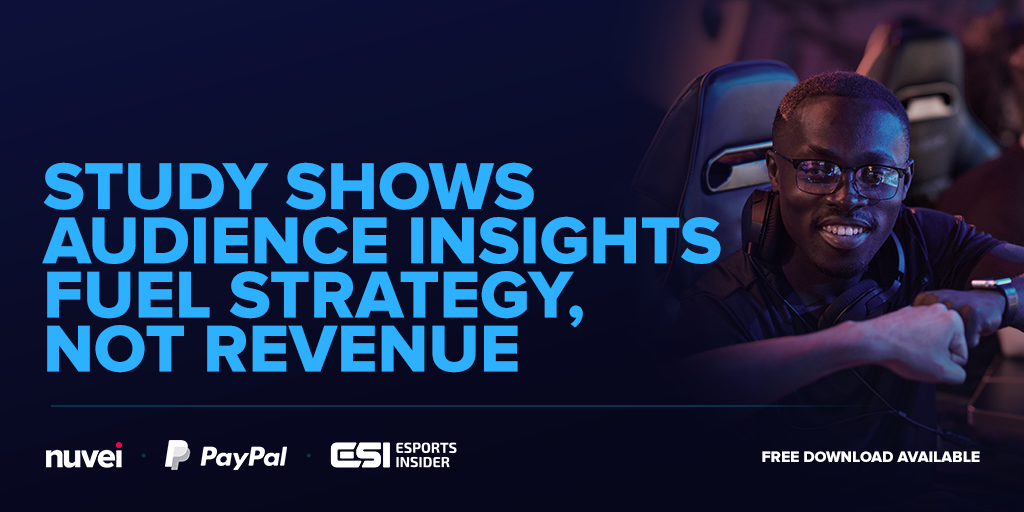[ad_1]
Eight laps from the end of the Abu Dhabi Grand Prix, Lance Stroll easily overtook the sister Aston Martin of Sebastian Vettel with a massive tyre advantage, his rubber a step softer and 15 laps newer.
“How did we get the strategy so wrong?” asked Vettel, still fighting hard just eight laps from the end of his career.
The competitive fire clearly wasn’t switched off. So long as he was in the car, he was in race mode, focused and fighting. It had been the same in qualifying the previous day when at the end of a superb lap which put him into Q3, he was livid with ‘these people’ after a Red Bull driver baulked him to the tune of about 0.1s for the second time. ‘These people’ being the same people he’d won his four world titles with…
WATCH: The top three drivers in the championship plus Vettel sign off with donuts in Abu Dhabi
That Q2 lap of his was a full 0.4s faster than Stroll’s. He had way more underlying pace than his team mate in his final race weekend, yet was two places behind him at the chequered flag, the Astons eighth and 10th. So just what was Vettel’s strategy – and why indeed did they get it so wrong?

Vettel’s strategy was to run a one-stop race with a very long opening stint on his mediums before switching to hards with 33 laps to go. Stroll’s strategy from five places behind Vettel on the grid was to two-stop with a tyre sequence of medium/hard/medium.
In hindsight, it’s easy to see that Vettel’s opening stint of 25 laps was too long, and that in the last few laps of it he lost too much time. The degradation rates of the tyres meant that in theory, ideally-spaced one-stops and twos were very closely matched.
The challenge of the one-stop was to preserve the front-right medium tyre on the first stint with the car at its heaviest and not have it either grain (as happened with Sergio Perez’s first set), run too hot or simply wear out.
READ MORE: ‘It’s a little bit sad to finish like that’ – Alonso sets sights on ‘good chapter’ with Aston Martin as time at Alpine ends in retirement
Vettel nursed that tyre extremely well but running for so long (only Kevin Magnussen ran the medium longer) discovered that eventually the rears would wear out, lose temperature, and become extremely slow. In the last five laps of Vettel’s first stint, he lost 8s to Stroll. That was where the damage was done.
Coming in five laps earlier would have given Vettel a longer second stint on the hards but it would have meant Stroll would have exited from his second stop (on Lap 40) 10s behind him rather than just 2s, with 18 laps to go.

It was on the 42nd lap, as Vettel was chasing down Daniel Ricciardo’s McLaren, that Vettel received a radio call.
“Let Lance through and he’ll try to help us get Ricciardo.”
Vettel replied: “Give me a couple of laps to catch Ricciardo. Which tyres is Lance on?”
“We are catching Ricciardo,” came the response from the pit wall, “but Lance will do it quicker.”
READ MORE: Vettel urges fellow drivers to continue his legacy after retiring from F1 with points finish in Abu Dhabi
“Could you repeat the tyres, please.”
“Lance is on mediums, seven laps old. Yours are 22.”
“Does he have to stop again?” Vettel asks, as the realisation is beginning to dawn about the strategy.
“No, nobody is stopping. Lance has already two-stopped.”

It was after letting Stroll past that Vettel asked his question about getting the strategy so wrong.
Vettel’s competitive niggle had evaporated a few minutes after getting out the car for the last time. “The lead-up to the race was a bit different, with so many tributes and activities on the grid, but once the lights went out it was full-on race mode. It was not an easy race because it was a close call between a one-stop and two-stop strategy. On my car, we tried to make the one-stop work, but as the tyres were getting older, it was quite challenging to hold on.”
That was his last official post-race summary. After giving multiple interviews, he was a little late returning to Aston Martin’s paddock base. Everyone was expecting him to simply relax. Instead, he headed for the engineering debrief, apologising for being a little late. In there he will have learned about what went wrong with his strategy.
[ad_2]



